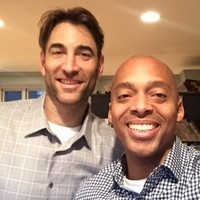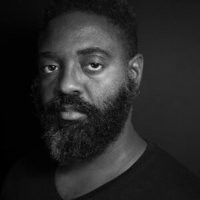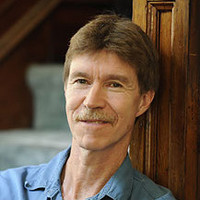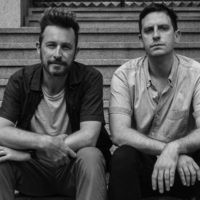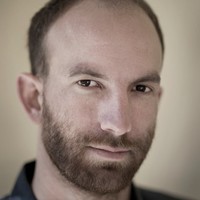Ballad of the Whiskey Robber
The story of Attila Ambrus, who was released from jail this morning in Hungary. Nicknamed the Whiskey Robber because witnesses always spotted him having a double across the street prior to his heists, Ambrus only stole from state-owned banks and post offices, becoming a Hungarian folk hero during his seven years on the lam. While on his spree he was also the goaltender for Budapest’s best-known hockey team and was arguably the worst pro goalie ever to play the sport, once giving up 23 goals in a single game.
Excerpted from Ballad of the Whiskey Robber: A True Story of Bank Heists, Ice Hockey, Transylvanian Pelt Smuggling, Moonlighting Detectives, and Broken Hearts.







